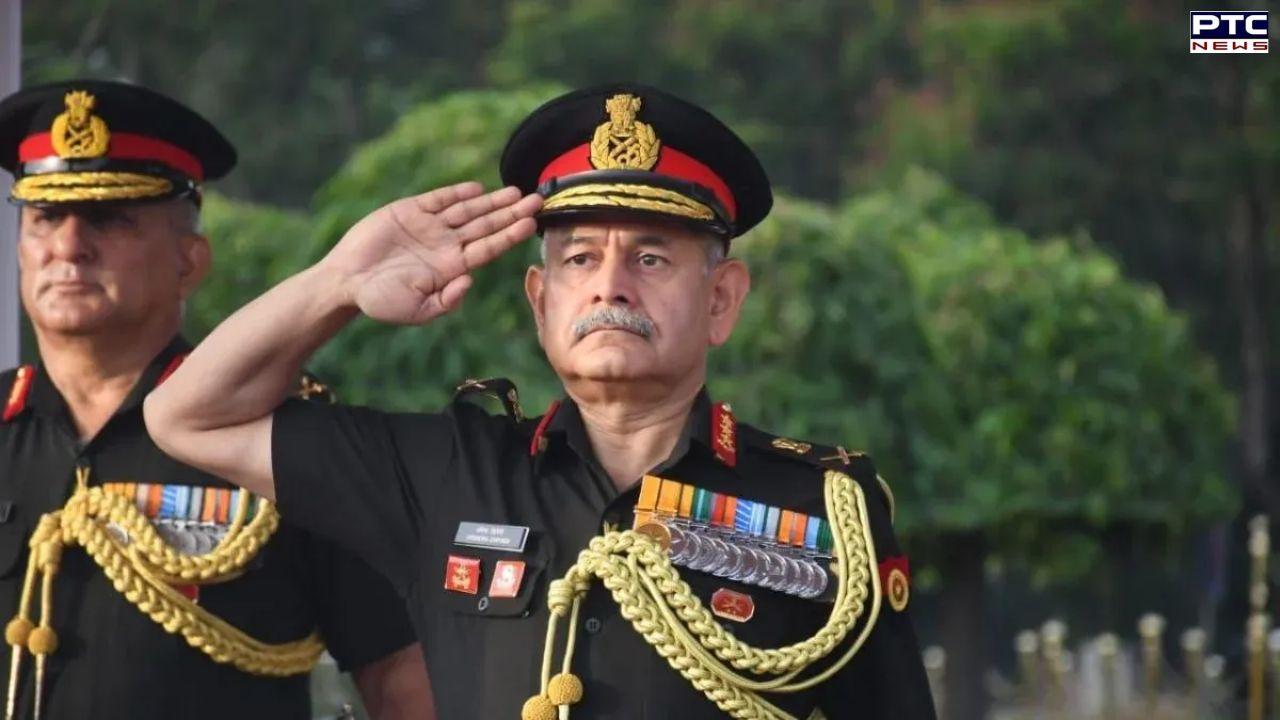General Upendra Dwivedi recently assumed the role of Chief of the Army Staff (COAS), succeeding General Manoj Pande, who held the position since May 2022. Before his promotion, General Dwivedi served as the Vice Chief of the Army Staff and has a distinguished military career marked by numerous accolades and commendations.
Hailing from Madhya Pradesh, he began his military journey at Sainik School Rewa and continued at the National Defence Academy (NDA), where he joined in January 1981. He was commissioned into the 18th Battalion of the Jammu and Kashmir Rifles in December 1984, eventually commanding the same battalion in operations across Kashmir and Rajasthan’s deserts.
From his early days, General Dwivedi exhibited prowess in sports, achieving a ‘Blue’ in physical training at the Indian Military Academy (IMA). Throughout his career, he gained extensive operational experience across India’s diverse terrains and fronts, including the northern, western, and eastern theatres.

General Upendra Dwivedi
Notably, he commanded the Rising Star Corps along the western front and led the Northern Army from 2022 to 2024, overseeing critical operations and strategic planning along India’s borders.
General Dwivedi has been instrumental in modernizing the Indian Army’s largest command, emphasizing the integration of indigenous equipment under the ‘Atmanirbhar Bharat’ initiative.
His diverse roles include serving as Inspector General of Assam Rifles (IGAR-GOC) and Sector Commander of the Assam Rifles during intense counter-terrorism operations, where he contributed significantly to Indo-Myanmar border management strategies.
Outside of his military duties, General Dwivedi maintains a balanced personal life. He is married to Sunita Dwivedi, a Science graduate actively involved with Aarushi, an institute for differently abled children in Bhopal. They have two daughters, and he is known for his proficiency in yoga.
General Upendra Dwivedi brings a wealth of experience and strategic insight to his new role as COAS, having navigated diverse operational challenges and contributed significantly to the modernization and strategic capabilities of the Indian Army. His leadership promises to build upon the foundations laid by his predecessors, focusing on national security and defense preparedness amidst evolving geopolitical dynamics.
